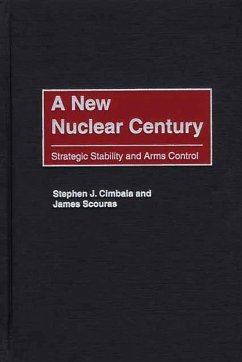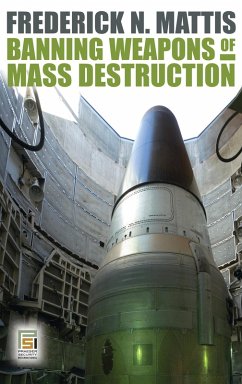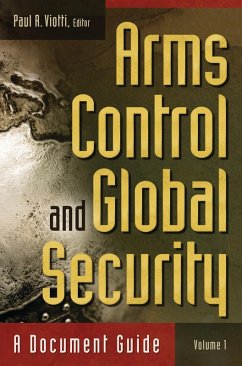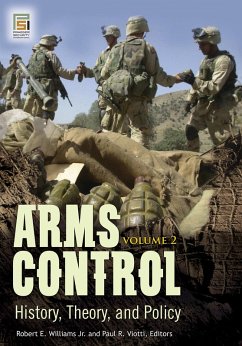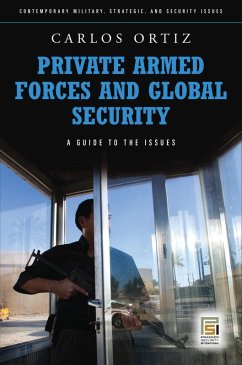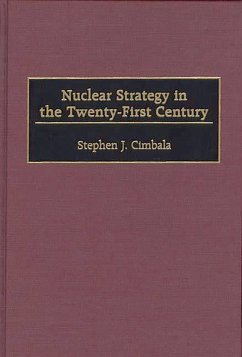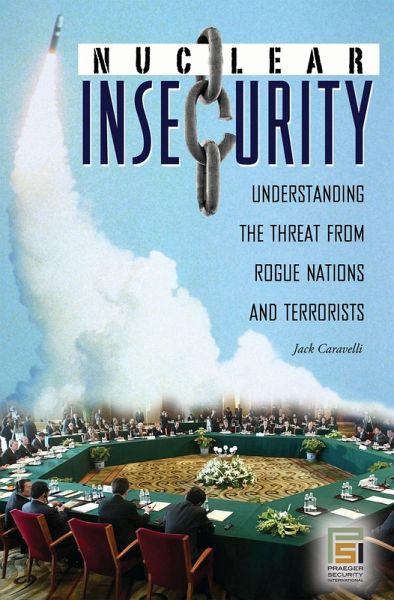
Nuclear Insecurity (eBook, PDF)
Understanding the Threat from Rogue Nations and Terrorists
Versandkostenfrei!
Sofort per Download lieferbar
37,95 €
inkl. MwSt.
Weitere Ausgaben:

PAYBACK Punkte
19 °P sammeln!
Nuclear Insecurity is an insider's account of official American efforts to prevent the theft or diversion of nuclear and radiological weapons that could be used by rogue nations or terrorist groups. This perspective draws heavily from the author's work on the White House National Security Council Staff (1996-2000), where he was directly responsible to President Clinton for the development of U.S. nuclear material security policies and, subsequently, at the U.S. Department of Energy, where he directed the department's largest international nuclear security program, focused primarily on Russia. ...
Nuclear Insecurity is an insider's account of official American efforts to prevent the theft or diversion of nuclear and radiological weapons that could be used by rogue nations or terrorist groups. This perspective draws heavily from the author's work on the White House National Security Council Staff (1996-2000), where he was directly responsible to President Clinton for the development of U.S. nuclear material security policies and, subsequently, at the U.S. Department of Energy, where he directed the department's largest international nuclear security program, focused primarily on Russia. In Caravelli's assessment, despite exceptional bipartisan political support and very high funding levels that have reached over $9 billion, a series of policy mistakes and programmatic bureaucratic missteps have badly compromised the United States government's efforts to protect against the spread of nuclear weapons and materials. The most striking example of the current situation is that the U.S. government, some 12 years after the start of these programs, still has failed to enhance the security of more than 300 metric tons of nuclear materials in Russia alone, enough to make hundreds of nuclear devices. The book concludes with recommendations and policy prescriptions for addressing some of these problems.




